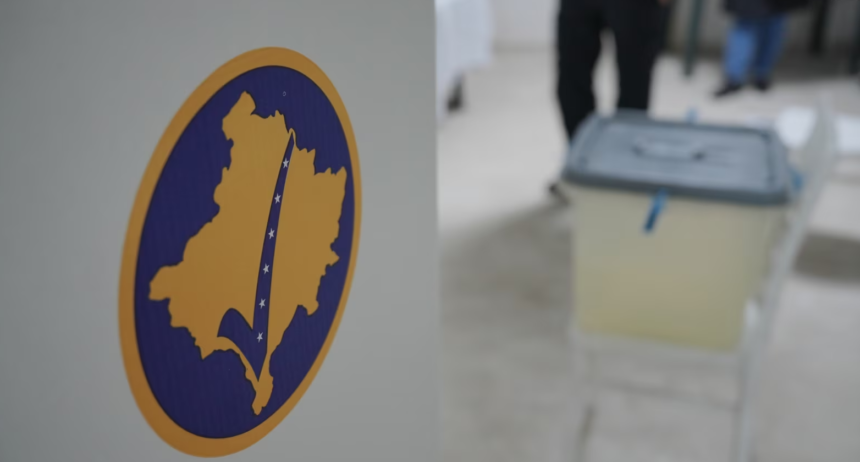International and local observers have assessed the February 9 elections in Kosovo as inclusive and peaceful, despite minor technical issues that did not affect the overall integrity of the process. Over 100 international observers, including embassy representatives, alongside 20,000 local observers from NGOs, media, and other institutions, monitored the elections, reports DW.
Positive Assessment for Electoral Commissions
Petra Bayr, head of the Council of Europe’s Parliamentary Assembly delegation, praised Kosovo’s voters for their commitment to democracy. She commended local election commission members for overcoming political and linguistic differences, in contrast to the divisive pre-election rhetoric used by political leaders.
Concerns Over Women’s Representation and Media Regulation
Observers noted that women’s representation remains low, and the impact of the preferential voting system on female candidates is yet to be seen. The media landscape was marked by a lack of social media regulation, raising concerns about transparency in media ownership and potential disinformation.
Election Process and Technical Issues
The “Democracy in Action” (DnV) NGO network confirmed that the elections met democratic standards for free and fair competition. However, technical problems with the Central Election Commission’s (KQZ) electronic results system led to confusion and public mistrust. Despite this, major political parties peacefully accepted the preliminary results.
Diaspora Votes Still Pending
While the final results are yet to include diaspora votes, preliminary numbers show:
- Vetëvendosje (LVV) – 40.80%
- Democratic Party of Kosovo (PDK) – 22.16%
- Democratic League of Kosovo (LDK) – 17.59%
- Alliance for the Future of Kosovo (AAK) – 7.46%
Government Formation Challenges
Prime Minister Albin Kurti declared LVV as the winner and vowed to form the next government, ruling out coalition talks with opposition parties PDK and AAK. Without an alliance, LVV may struggle to secure enough votes to form a stable government.







